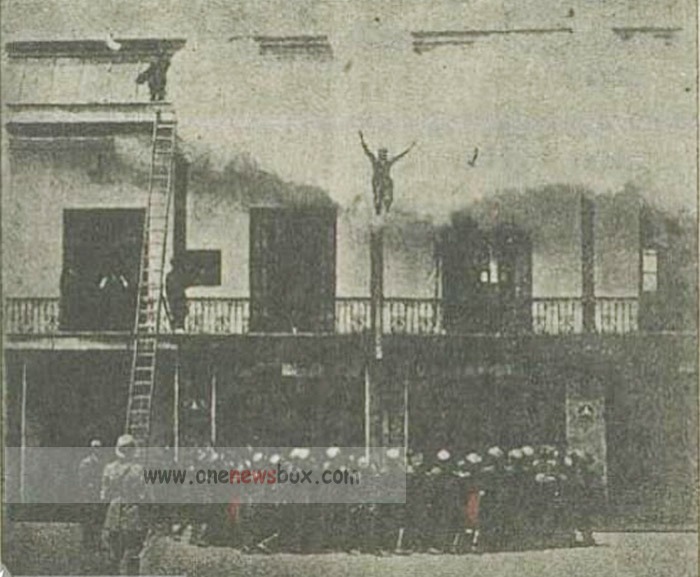The Philosophy of Firefighting
Inside the firehouse, the reporter noticed slogans posted on the walls. One declared:
“A firefighter is the savior of people’s lives and property.”
Another read:
“Saving people’s lives and property depends on your efforts in the event of a fire.”
These mottos were not mere decoration; they reflected the ethos of the new service. In a city still struggling with widespread illiteracy and the inertia of tradition, such visible reminders carried weight. They taught not only the firefighters but also visitors that this was a mission of civic duty and honor.
Training Day: A Simulation of Fire
As the reporter was conducting his interview, the alarm suddenly sounded. For a moment he thought a real fire had broken out somewhere in Tehran. But it was, in fact, a scheduled drill.
What he witnessed impressed him deeply. With precision and speed, the firefighters leapt from their beds, mounted their vehicles, and set off as if to confront a real blaze. They uncoiled hoses, operated pumps, and demonstrated how they would surround a fire. To the journalist, this was not a mere rehearsal but a living spectacle of discipline—Tehran’s answer to the modern world.
Drills were not only about extinguishing flames. They included rescue operations: saving people trapped in burning buildings. The men practiced spreading large rescue nets, into which those fleeing the flames could leap. They rehearsed climbing ladders, entering smoke-filled rooms, and carrying “victims” to safety.

